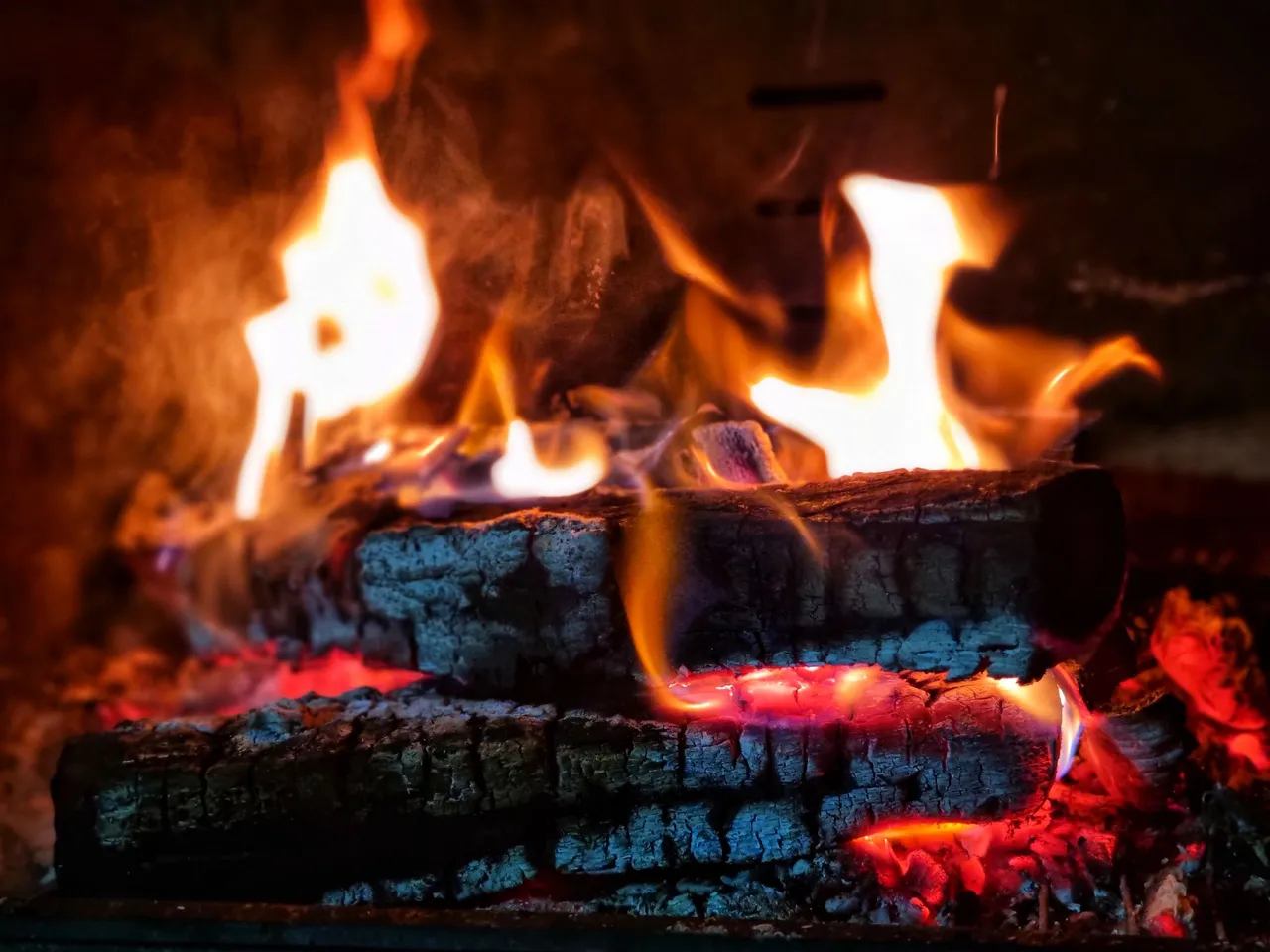It's my first time penning down this post, and I hope it receives more attention than my previous one. I had a frustrating experience yesterday when I accidentally deleted over half of what I'd already written. Nevertheless, let's delve into the Russian garden and hear what Vladimir Putin has to say about the war in Ukraine.
We've witnessed Zelensky traversing the globe, pleading for military aid and receiving billions from the US and EU over the past couple of years. Unfortunately, some of this aid has lined the pockets of corrupt Ukrainian military leaders, while most has fueled the industrial military complex. A fraction may indeed reach the battlefield in the form of weaponry.
War remains one of the most profitable ventures for the elites, all at the expense of taxpayers and those who lose their lives in its wake. It's worth noting that if Tucker Carlson hadn't flown to the Kremlin to interview the Russian president, we wouldn't have heard Putin's perspective on this war in the mainstream media.
Since the onset of the war, mainstream media has vilified Putin and attributed all negative economic indicators to him. However, even a schoolchild knows that one man can't be blamed for all the world's woes, and poor fiscal policies adopted globally during COVID-19 will undoubtedly have repercussions.
Tucker Carlson's recent interview with Vladimir Putin, posted on Twitter, garnered considerable attention. Carlson, no longer perceived as a mouthpiece for the elites, is making waves with his content on Twitter. The interview has already amassed 173 million views and is being translated into various languages.
The two-hour interview begins with Vladimir Putin spending the first 30 minutes lecturing Carlson on the history of Ukraine. In Putin's view, Ukraine is an artificially created state by Stalin, incorporating territories from Hungary, Poland, Russia, and Romania.

The conflict between Ukraine and Russia has been ongoing since 2014, with the past two years witnessing a full-blown war that has inflicted significant harm on Ukraine's population. But how did it all begin?
Did you know that Putin once asked Bill Clinton if Russia would ever be allowed into NATO? This exchange occurred in 2008 during Clinton's visit to Russia, with the resounding answer being NO. This interaction sheds light on the founding principles of NATO. Furthermore, there's the matter of the Minsk agreement.
According to Putin, there was an informal understanding between Russia and NATO in the 1980s that NATO membership would not extend beyond the eastern border of Berlin. NATO's disregard for this understanding, which was not formally documented or signed, led to its expansion closer to Russia, with Romania being one of the neighboring countries that joined NATO.
When discussions arose about Ukraine potentially joining NATO, Russia felt compelled to take action, leading to the current nightmare scenario. From the outset, it was evident to me that Russia would not tolerate NATO encroaching so close to its borders. According to Putin, NATO military bases were already established in Ukraine under the guise of "training programs for the Ukrainian army."
According to Putin, mercenaries from America, Poland, and Georgia are currently fighting in Ukraine alongside Ukrainian forces, equipped with weapons provided by various nations. Consequently, labeling this as solely Ukraine's war seems inaccurate. In essence, we're witnessing a semblance of a world war, albeit on a smaller scale than its predecessors.
Negotiations aimed at halting Russia's military actions in Ukraine, purportedly to "denazify" the country, were discussed in Istanbul a couple of years ago. However, Volodimir's refusal exacerbated the conflict, resulting in the loss of hundreds of thousands of lives and substantial damage to the country.
Furthermore, Zelensky's desperation for conflict in Ukraine, undoubtedly influenced by the ruling elites, is evident in his decree banning any negotiations with Russia. This suggests long-standing support from America to weaken Russia economically and politically, unless a shift occurs with Trump's potential reelection. The true impact of Russia's weakening measures remains inconsequential. Sanctions imposed on trading Russian commodities against the US dollar have only served to undermine the dollar's hegemony, with BRICS nations predominantly opting for transactions in Russian rubles and Chinese yuan.
The Nord Stream situation remains contentious. While Putin refrains from explicitly attributing responsibility, he implies that those with the means and motive are responsible. Germany's decision to import LNG from America in response to the incident appears to be significantly affecting its industries.
The disparity in public exposure between Putin and Zelensky is emblematic of the control exerted by elite-owned media outlets. Only narratives aligning with their interests are propagated. Twitter's recent discourse on freedom of speech, catalyzed by Elon Musk's involvement, underscores the significance of platforms like Twitter and individuals like Tucker Carlson in providing a platform for diverse perspectives. Without their efforts, Putin's insights on the war would likely remain unheard.
The Russia-China relationship serves as a pertinent example of amicable neighboring relations driven by necessity rather than choice. Ukraine failed to grasp this dynamic. The conflict became feasible following the 2014 coup d'état, which saw the installation of a US-backed president who initiated provocations against Russia.
This post unequivocally condemns violence and conflicts. However, it emphasizes the importance of considering both sides' perspectives in conflict analysis. Tucker Carlson facilitated this discourse, shedding light on the ramifications of NATO expansion into Ukraine, which arguably precipitated the conflict and its global repercussions.
Here you have the whole interview if interested in watching and would like to read your opinions on this matter.
Thanks for your attention
Adrian
